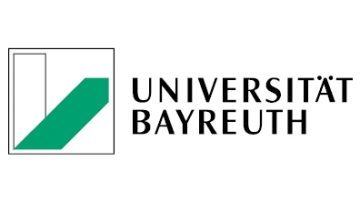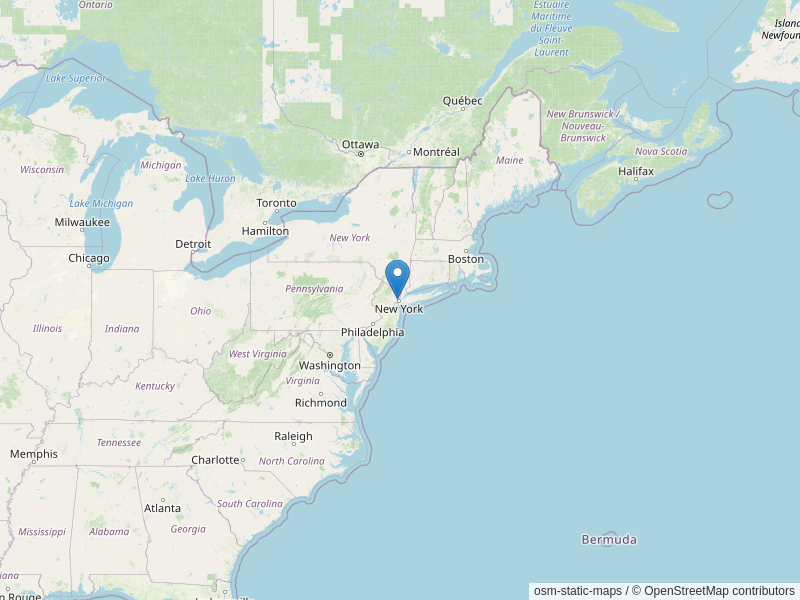Project Funding
If you are interested in one or any of these programs, please refer your German partner institution to the appropriate website or to our database of DAAD funding programs here.
PPP Programs for Project-Related Personal
Exchange: Promoting international mobility
of researchers
The PPP programs aim at strengthening academic relations between a German institution and an institution abroad. Joint bi-national research projects of a high academic standard promote cooperative and preferably complementary research activities and aim to enable young academics involved in the project to conduct a research stay at a partner institution abroad, which will serve to support them in their international training. For the purposes of these programs, young academics are defined as junior researchers currently completing their doctorate degree as well as academics at the outset of their academic careers who completed their doctorate no more than five years ago.
For more information, please click here.
Through ISAP, scholarships are given to German students who complete a portion of their degree coursework abroad at a partner university with the added benefit of a tuition waiver or significant tuition reduction. German universities are encouraged to develop courses for foreign exchange students, credit transfer agreements, curriculum collaboration strategies, and/or dual degree structures which will lead to an ongoing and successful internationalization of both partner institutions.
Funding is available for travel subsidies, scholarships, insurance and tuition fees (up to 50% of regular fees) for German students; funds for language courses and tutorials for students from Canada or the US, and guest lectureships at partner institutions. Funding for new projects is generally granted for two academic years with an extension possible.
For more information, please click here.
The aim of the program is to develop and/or establish an integrated international double degree program with one or more foreign partner university/universities. The degree programs are intended to make a sustainable contribution to the establishment and expansion of international structures at German universities and to strengthen the exchange of teachers and learners.
The Integrated International Degree Programs with Double Degrees fund degree programs at universities and universities of applied sciences which, after studies completed partly at the German and partly at the foreign higher education institution, award both national degrees, either as a joint degree or as a double degree.
For more information, please click here.
Through the IPID4all program, German universities can combine specific measures in order to enhance the internationalization of the doctoral phase. They can also test new internationalization strategies and establish them in the long term. The program is open to all universities, departments and subject areas and offers added value for doctoral students at German universities.
The IPID4all program is open to international doctoral students, giving them access to a wide range of international cooperation opportunities that will aide in contributing toward raising the profile and internationalization of the funded universities in the field of doctoral training.
The projects are located at the level of one or more departments or at several universities and, in principle, are aimed at all doctoral students within this entity. The aim is for new offerings to be combined with existing structures, or for these to be extended. The universities funded under the program can select the funding measures appropriate for them from a wide range and offer these to the doctoral students in their university, department or subject area. This enables IPID4all to contribute significantly to developing internationalization structures and to raising the profiles of the participating universities. The regular exchange with doctoral students, who are the primary beneficiaries of this program, is an integral component of the program.
For more information, please click here.
DAAD’s GIP program aims to promote cooperation between institutions offering Germanistik and/or Deutsch als Fremdsprache at German universities and their partner institutions abroad.
Please click here for more information on the new program (in German only). The deadline to apply is August 20th.













